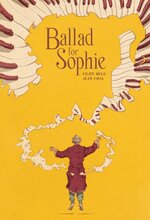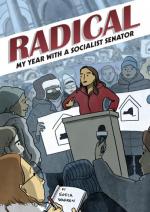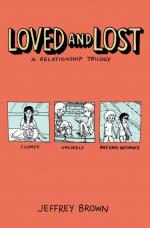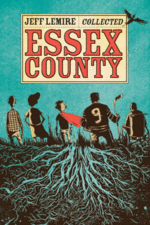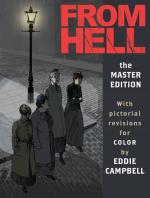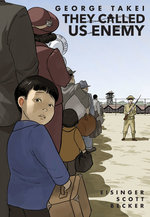CBLDF Knocks Out South Carolina Internet Censorship Law
May 19, 2005
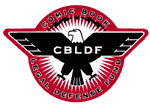
The Fund joined organizations that represent artists, writers, booksellers, and publishers who use the Internet to disseminate graphic arts, literature, and health-related information as a Plaintiff in this case. Plaintiffs argued that the Act would have prohibited their members from sending material with serious artistic and scientific value over the Internet.
Judge Duffy found that the law violated the First Amendment because it did not employ the least restrictive means for preventing minors from using the Internet to access harmful to minors material. In addition, as opposed to filtering technology, which can screen out sexually-oriented material from any place, Judge Duffy declared that South Carolina's law could do nothing to prevent minors from accessing material from outside the U.S.
Judge Duffy also found that the credit card-based age verification system that South Carolina had proposed to block minors from accessing harmful material would create a chilling effect on the speech of adults. Courts "have unanimously concluded that these measures are far too burdensome, and chill adults' ability to engage in, and garner access to, protected speech for a wealth of reasons."
"We applaud Judge Duffy's well reasoned decision in this case," CBLDF Executive Director Charles Brownstein said. "We are pleased that it addressed the concerns raised in our defense of the rights of cartoonists and retailers who work online, and that those rights will not be curtailed by what was a very dangerous law."
At issue in the case was an amendment to South Carolina's Harmful to Minors statute that provided criminal sanctions for "disseminating harmful material to minors" online and which defined "material" to mean "pictures, drawings, video recordings, films, digital electronic files, or other visual depictions or representations but not material consisting entirely of written words." The statute ruled that a violation of this law (Section 16-15-375 of the S.C. Code) was a felony, punishable by up to 5 years in prison, a fine of $5,000, or both.
CBLDF and partner plaintiffs Southeast Booksellers Association, Print Studio South, American Booksellers Foundation for Free Expression, Association of American Publishers, and Families against Internet Censorship successfully argued that the law placed unconstitutional burdens upon the speech of creators and retailers online, both within the state of South Carolina, and across the United States.
The plaintiffs were represented by David W. Odgen, Janis C. Kestenbaum, and Kenneth A. Bamberger of Wilmer Cutler Pickering Hale and Dorr LLP, Washington, D.C.; Michael A. Bamberger of Sonnenschein Nath & Rosenthal LLP, New York City; and Armand G. Derfner and D. Peters Wilborn, Jr. of Derfner, Wilborn & Altman, Charleston, S.C.
